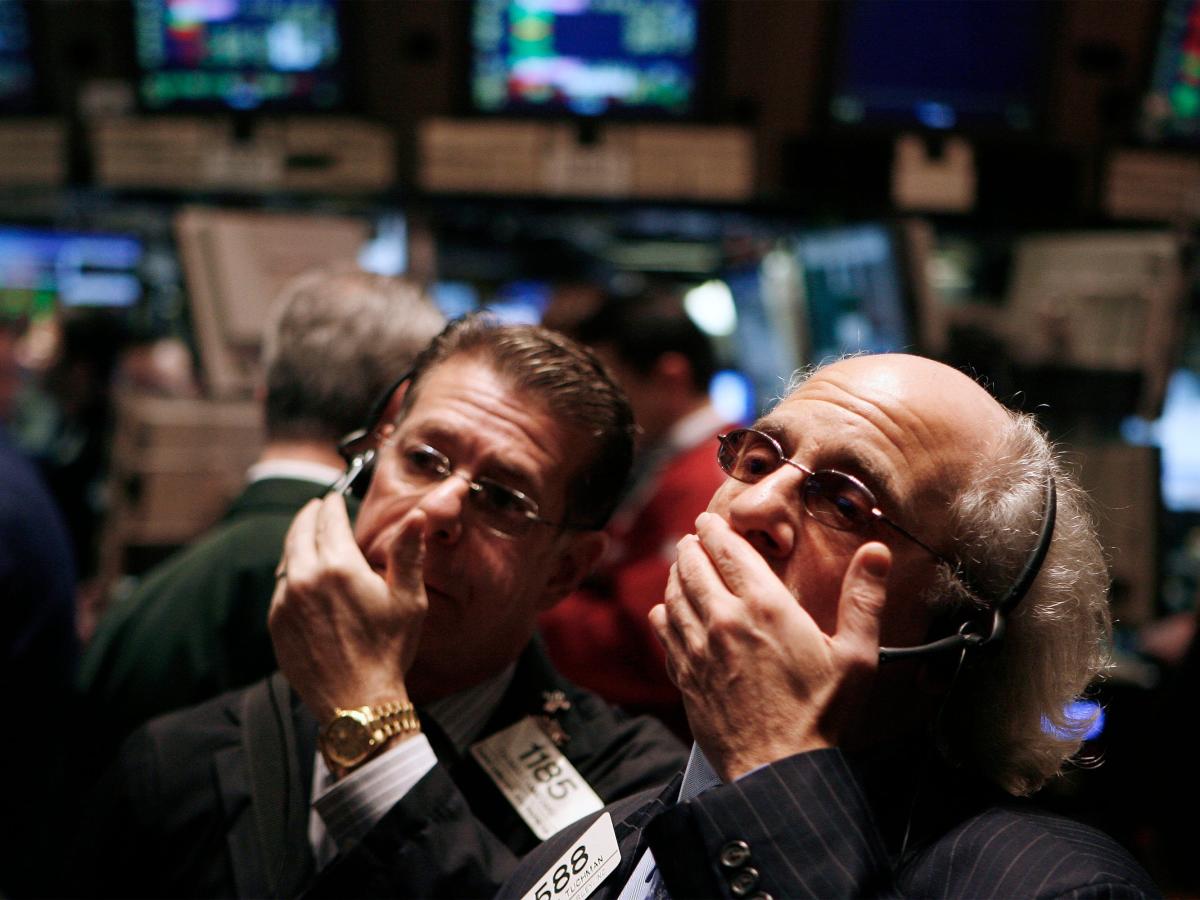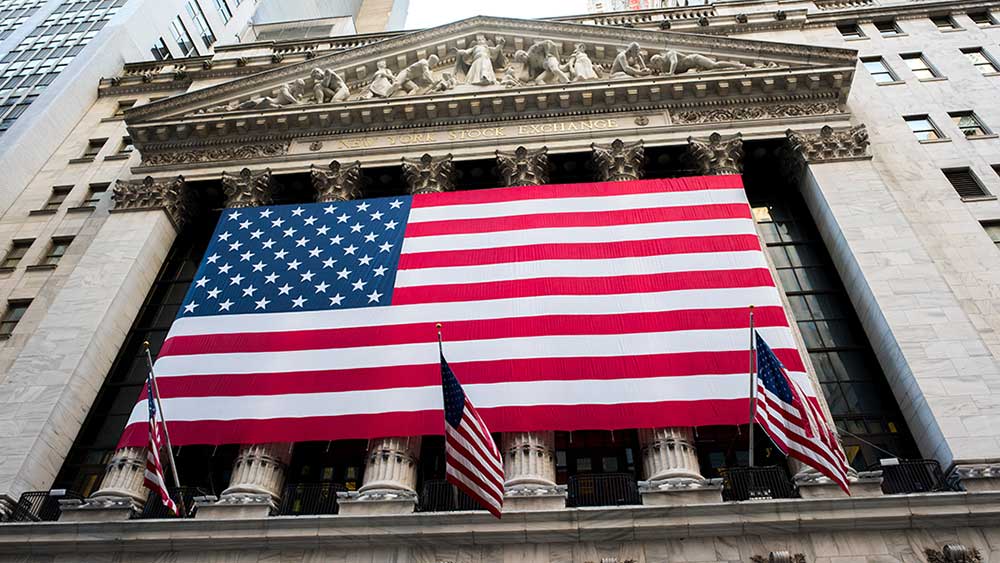(Bloomberg) — The record of the Federal Reserve’s July meeting scheduled for Wednesday is set to show that only a minority of officials favor keeping interest rates steady through the remainder of the year, according to Bloomberg Economics.
Most Read from Bloomberg
Meanwhile, Bloomberg economists Anna Wong and Stuart Paul wrote Tuesday in a preview of the minutes of the July 25-26 Federal Open Market Committee meeting at the same time, “the majority will likely maintain cautious optimism” that the US economy is on a downward path.
“Officials who favored keeping interest rates steady after July — the minority on the FOMC — may be more concerned about deteriorating credit conditions,” Wong and Paul said. “Judging by Fed Chair Jerome Powell’s marginally dovish tone in the post-meeting press conference, he may be on the more dovish side of the committee.”
Public statements from other Fed officials since the July meeting suggest that the strong degree of consensus supporting the aggressive tightening campaign of the past year and a half may be beginning to wane.
Some, like Philadelphia Fed President Patrick Harker, have indicated that the central bank may not need to continue raising interest rates. Others, including Fed Governor Michael Bowman, took the opposite view.
Investors do not currently expect another price hike this year, according to the futures contract, despite the implied possibility of a hike on Oct. 31-November. The first meeting is higher than their next meeting on September 19-20. Fed watchers will hear a possible signal from Powell at the Fed’s annual Jackson Hole conference in Kansas City, Wyoming, next week.
Read More: Fed Officials Shift Rate Debate From ‘How High’ To ‘Duration’
While the minutes may give a sense of the relative size of each camp on the committee at the time of the July meeting, economic data released since then may have already shifted the balance, according to Wong and Paul.
In particular, they pointed to a quarterly report on wage growth published on July 28, which showed a sharp slowdown, and an August 3 report on unit labor costs which also revealed a weak rate of increase.
“This should help reduce fears that the labor market will increase inflation,” economists wrote at Bloomberg. “As such, we expect FOMC sentiment to become more dovish since the July meeting.”
Most Read by Bloomberg Businessweek
© 2023 Bloomberg LP



